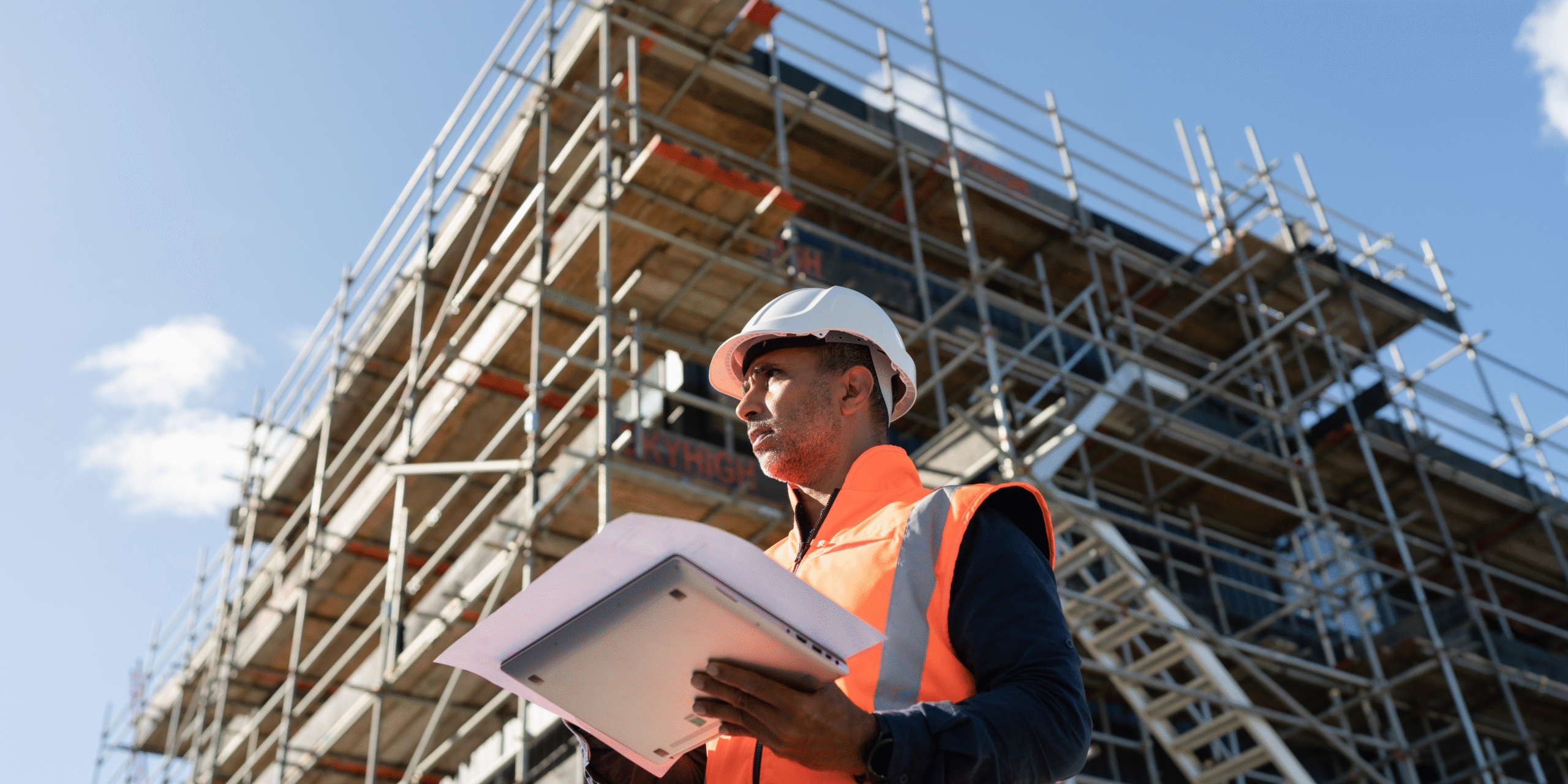

The Kansas Prompt Payment Act is a crucial piece of legislation designed to protect contractors, subcontractors, and other construction professionals by ensuring timely payment for their work. Whether you’re working on a private project or a public works project, understanding the nuances of the law is essential. This guide will help contractors like you understand how the act applies in each scenario and what protections are in place.
If you have specific questions or concerns, don’t hesitate to reach out to The Cromeens Law Firm for guidance and support.
When it comes to private projects, the Kansas Prompt Payment Act establishes clear rules for when and how payments should be made. Here’s a breakdown of the key provisions:
The Kansas Prompt Payment Act applies to a wide range of private construction projects, including commercial buildings, residential developments, and industrial facilities. It governs contractual payment obligations for any project where a written or oral agreement exists between a property owner and a contractor, or between contractors and other parties involved in the project.
If you’re engaged in a private construction project, whether building an office complex or remodeling a private residence, the act likely has provisions relevant to you.
The law extends payment protections to several parties in the construction process, including:
It ensures that no matter your role in the construction process, you have rights to timely payment for the work or services you’ve provided.
Under the Kansas Prompt Payment Act, payment deadlines are tied to the terms outlined in the contract. On private projects, property owners must pay contractors within 30 days of receiving a properly submitted invoice or payment request, unless the contract specifies a shorter time frame. Similarly, if you’re a general contractor paying a subcontractor, the law requires payment to flow down within 7 days after you’ve received payment from the owner.
Failure to meet these deadlines can trigger financial consequences under the act.
If a payment is not made within the required time frame, the unpaid party is entitled to interest on the overdue amount. This interest begins to accrue on the day following the payment due date and is calculated at a rate of 18% annually, as outlined by the act.
This provision is designed to discourage payment delays and compensate contractors, subcontractors, and suppliers for the financial burden of waiting for overdue payments.
Yes. If you’re forced to file a lawsuit to recover unpaid amounts, the Kansas Prompt Payment Act allows you to recover reasonable attorney fees. This is a significant benefit, as it helps ensure that pursuing legal action to enforce your payment rights won’t leave you worse off financially.
The Kansas Prompt Payment Act also applies to public works projects, such as highways, schools, parks, and government buildings. While many of the provisions are similar to those for private projects, there are key differences that contractors need to know.
Public works projects funded by state or local government entities fall under the scope of the Kansas Prompt Payment Act. From large-scale highway construction to smaller municipal projects, the act ensures timely compensation for contractors working on government-funded jobs.
The same categories of construction professionals are protected for public works projects, including:
Your role in the value chain doesn’t matter; the law protects your right to prompt payment.
For public works projects, payment rules are slightly different due to the involvement of public funds. Payment to contractors must be made within 30 days after the public entity approves the payment request and proper documentation has been submitted. Once a general contractor receives payment, they must pay subcontractors and suppliers within 7 days.
Public owners are expected to process payment applications promptly to avoid delaying funds unnecessarily.
Similar to private projects, interest begins to accrue immediately after the payment due date when there is a delay. The interest rate for unpaid amounts is the same 18% annually, providing a powerful financial incentive for public entities to pay on time.
Yes, as with private projects, the act permits the recovery of attorney fees for lawsuits involving public funds. This provision can help contractors and subcontractors recover overdue payments and minimize the financial risks of pursuing legal action when a public entity fails to pay.
Navigating contract disputes around unpaid invoices or understanding your rights under the Kansas Prompt Payment Act can be complex. Whether you’re facing a payment delay or considering legal action, it’s critical to have experienced legal counsel in your corner.
The Cromeens Law Firm specializes in helping contractors, subcontractors, and other construction law professionals protect their financial rights. If you have questions or need assistance, don’t hesitate to reach out to their team. A quick consultation can help you better understand your options and develop a plan to resolve disputes effectively.
Take control of your payment rights today. Contact The Cromeens Law Firm for help.
Karalynn Cromeens is the Owner and Managing Partner of The Cromeens Law Firm, PLLC, with over 17 years of experience in construction, real estate, and business law. A published author and passionate advocate for contractors, she has dedicated her career to protecting the businesses her clients have built. Karalynn is on a mission to educate subcontractors on their legal rights, which inspired her books Quit Getting Screwed and Quit Getting Stiffed, as well as her podcast and The Subcontractor Institute.

